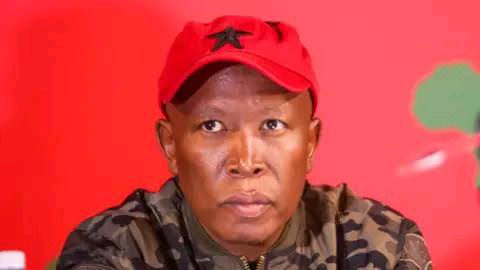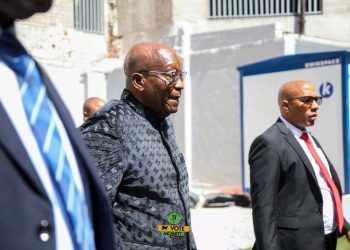Julius Malema, leader of the Economic Freedom Fighters (EFF), has strongly criticized the government for spending millions on a national dialogue while many South Africans lack basic services.
Speaking at a community meeting in Limpopo, Malema accused the ruling party of ignoring the struggles of the poor in favor of expensive conferences that do not improve lives.
“This government spent over R30 million on a national dialogue that won’t bring clean water, build houses, or fix roads. It’s just another talk shop for the elite, while the people who vote get nothing,” he said.
Malema argued that the money could have been used to repair rural infrastructure, support unemployed youth, or improve sanitation in informal settlements.
The national dialogue, aimed at promoting social cohesion and addressing past divisions, has faced backlash from opposition parties and communities who say their urgent needs are being overlooked.
[ICYMI] EFF leader Julius Malema has criticised the government, accusing it of spending millions on a national dialogue while communities continue to lack basic services. #Newzroom405 pic.twitter.com/DNqwlekPn7
— Newzroom Afrika (@Newzroom405) June 17, 2025
In some areas, residents still lack running water, electricity, and proper healthcare. Parts of the Eastern Cape and North West have endured water shortages for weeks, while Gauteng clinics struggle with overcrowding and lack of resources.
“How can we talk about reconciliation when people live in such conditions?” Malema asked. “True reconciliation means jobs, land, and functioning schools.”
He also criticized President Cyril Ramaphosa, accusing him of prioritizing international and business interests over the needs of ordinary citizens.
“We need a government that listens to the poor, not one that spends on expensive events while people still use pit toilets,” Malema said.
The Presidency has defended the dialogue, calling it essential for national unity. However, many in struggling communities say they need action, not words.
With local elections approaching, Malema’s criticism may resonate with voters frustrated by unmet promises and poor service delivery.






















